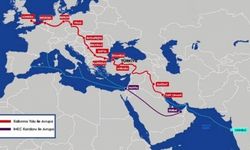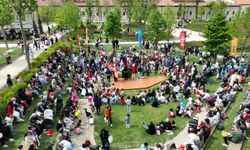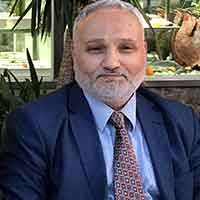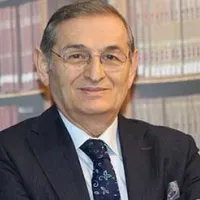Researchers in Brazil, who are also running a final phase 3 trial of the vaccine, said the shot was more than 50 per cent effective, but withheld full results at the company's request, raising questions about transparency.
Turkish researchers said on Thursday that no major side-effects were seen during their trial, apart from one person who had an allergic reaction.
Common adverse effects caused by the vaccine were fever, mild pain and slight fatigue, they said.
The Turkish trials began on September 14 and have included more than 7,000 volunteers, the researchers said, adding the results announced on Thursday were based on data from 1,322 people.
Sinovac is the first Chinese vaccine maker to release details from late-stage clinical trials, following positive results from rival products developed by Pfizer, Moderna and AstraZeneca last month.
The Turkish researchers, speaking alongside Health Minister Fahrettin Koca, said 26 of the 29 people who were infected during the trial were given placebos, adding the trial would continue until 40 people become infected.
He also said that researchers initially planned to announce the results after 40 people were infected, but that the findings showed the volunteers had minimal adverse effects after the shot and that it was therefore deemed safe.
"Despite it being risky, we saw a very light picture where three people's PCR (COVID test) were positive, with no fever or respiratory problems ... we can easily say that despite it being risky, those three people went through it very lightly," he said.
Turkey had agreed to buy 50 million doses of Sinovac's shot and receive delivery by December 11, but the shipment was delayed.
Mr Koca said 3 million doses would arrive on Monday, adding that Turkey would vaccinate some 9 million people in the first group, starting with health workers.
Sinovac has also signed supply deals for its vaccine, called CoronaVac, with countries including Indonesia, Brazil, Chile and Singapore, and is negotiating with the Philippines and Malaysia.
CoronaVac has been given to tens of thousands of people under an emergency-use programme China launched in July targeting specific groups of high-infection risks.
CoronaVac is based on traditional vaccine technology that uses inactivated coronavirus that cannot replicate in human cells to trigger an immune response.
Vaccines developed by Pfizer/BioNTech and Moderna use a new technology called synthetic messenger RNA (mRNA) to activate the immune system against the virus. Their vaccines require far colder storage.
Pfizer's treatment is the first fully tested COVID-19 shot to be administered, with rollout already under way in Britain and the United States.
Mr Koca said Turkey would sign a deal with Pfizer/BioNTech for 4.5 million doses of their vaccine to be delivered by the end of March, with an option to buy a further 30 million doses later.
Doctor Iftihar Koksal, an infectious disease and clinical microbiology specialist, said at least 75 per cent of the population would have to be vaccinated to significantly reduce transmission of the virus.
"It's been shown there are no fatal side effects because it was done to thousands of people around the world," she said of Sinovac.
On Thursday, Turkey's death toll from the coronavirus rose by 254 to 19,115, according to Health Ministry data, while the total number of COVID-19 infections rose by 18,102.












